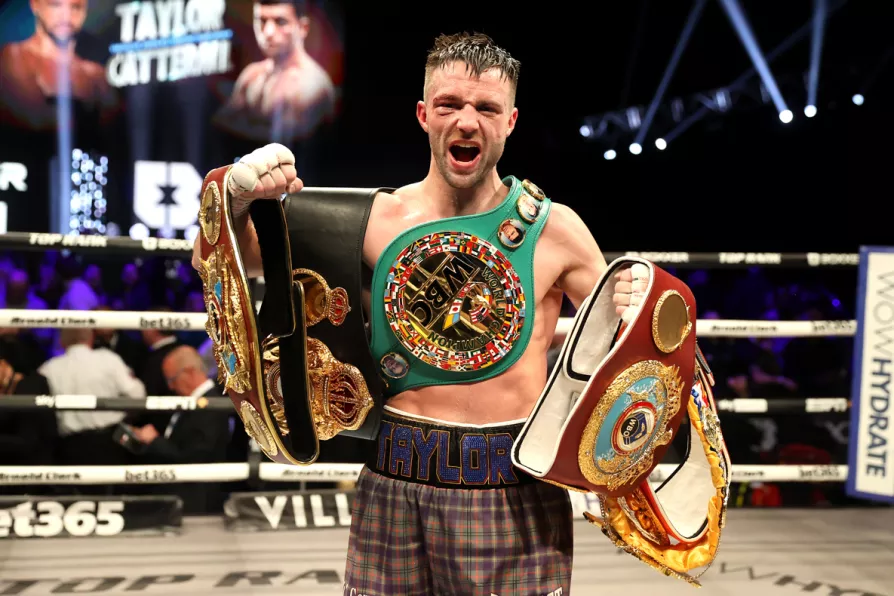Is boxing hurtling towards its demise?
JOHN WIGHT discusses how despite advances in medical protections and safeguards in boxing, ring fatalities remain far too high

 Josh Taylor, the boxer Teofimo Lopez claims he is going to ‘kill’
Josh Taylor, the boxer Teofimo Lopez claims he is going to ‘kill’
NEW YORK’S Teofimo Lopez has decided to go where few fighters do in declaring that his intention when he steps into the ring on June 10 at Madison Square Garden is not to defeat but to “kill” Josh Taylor.
That he felt emboldened enough to declare this intention publicly is illustrative of how far top-flight boxing has descended into the gutter.
Yes, it could be argued, Lopez has come out with this trash talk to try and unsettle Taylor as fight night closes in — this on the understanding that Scotland’s former undisputed light welterweight world champion fights with his heart as much as his head.
Similar stories

JOHN WIGHT pays tribute to the late great George Foreman who defied the odds throughout his life and career to become a household name and legend of the sport











